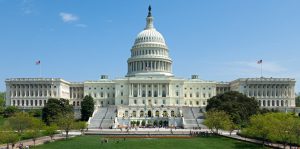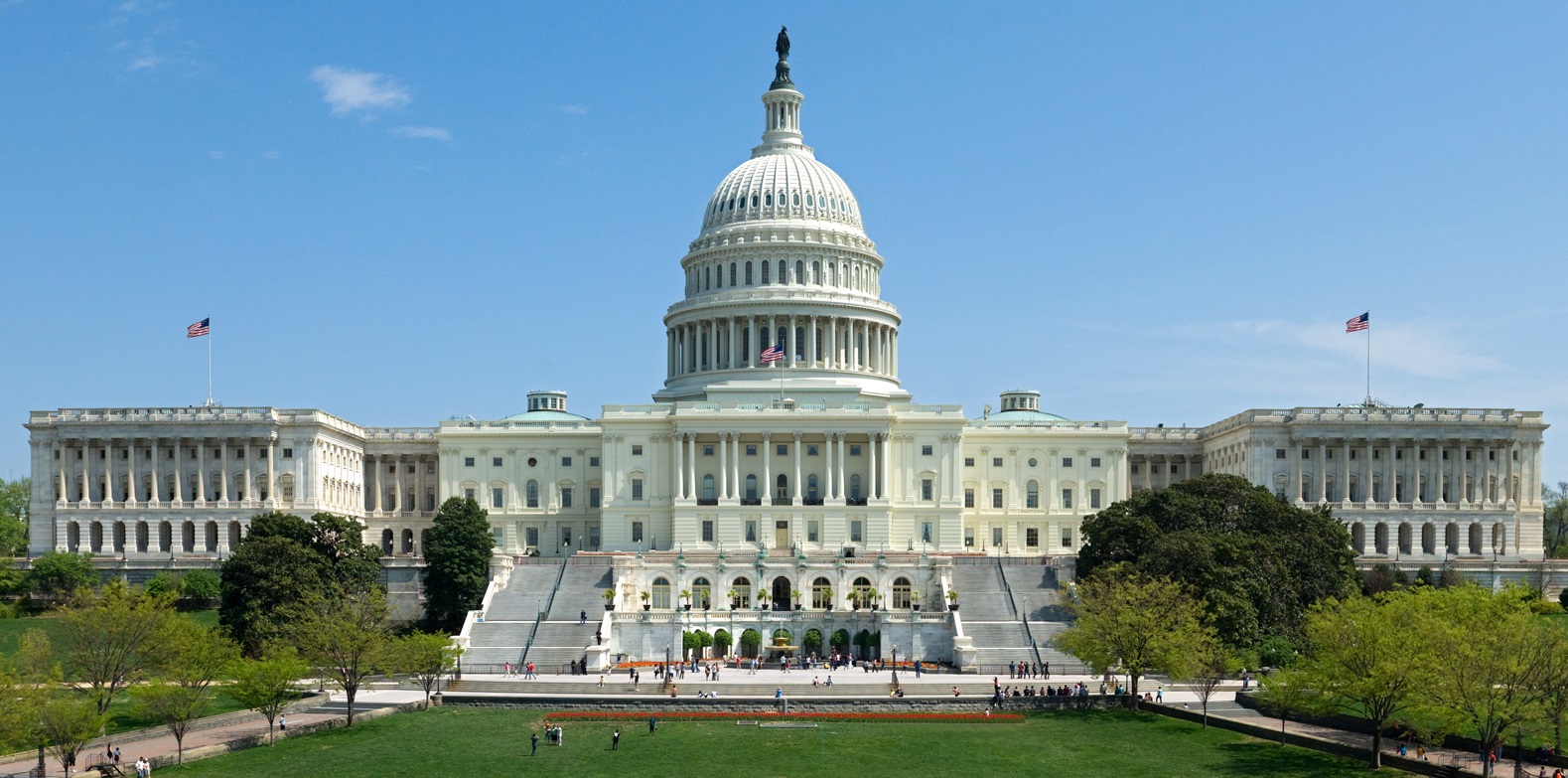 The bipartisan National Fish Habitat Conservation Through Partnerships Act, which would greatly benefit the MGLP, was recently introduced in the House and Senate. The MGLP asks you to consider supporting these bills through your organization if possible, writing your representatives personally, and sharing information on the bills to those that may be interested.
The bipartisan National Fish Habitat Conservation Through Partnerships Act, which would greatly benefit the MGLP, was recently introduced in the House and Senate. The MGLP asks you to consider supporting these bills through your organization if possible, writing your representatives personally, and sharing information on the bills to those that may be interested.
On March 12, 2019, the Senate bill (S.754) was introduced by Senator Mike Crapo (R-ID) and Senator Benjamin Cardin (D-MD) and the House bill was introduced by Rep. Rob Wittman (R-VA) and Rep. Marc Veasey (D-TX). The bills would codify the National Fish Habitat Partnership (NFHP) and enable it to receive direct federal funding. This funding would be distributed to fish habitat partnerships such as the MGLP, whereas it is now currently distributed to the U.S. Fish and Wildlife Service. If passed, the bill would minimize administrative costs and likely result in greater funding for conservation through the MGLP Aquatic Conservation Grant and other fish habitat partnership’s’ grants.
“We appreciate both the House and Senate sponsors of these bills that are critical to codify the National Fish Habitat Action Plan,” said Ed Schriever, Director of the Idaho Department of Fish & Game and Chair of the National Fish Habitat Board. “This legislation is critical to keep the National Fish Habitat Partnership, which was established in 2006, moving forward and will ensure that needed funding goes to support on-the-ground conservation projects of our partnerships across the U.S.”
The National Fish Habitat Partnership is a voluntary, non-regulatory, fish habitat conservation program. The National Fish Habitat Partnership has supported more than 840 projects benefiting fish habitat in all 50 states. The partnership works to conserve fish habitat nationwide; leveraging federal, state, tribal, and private funding resources to achieve the greatest impact on fish populations through priority conservation projects of 20 regionally-based Fish Habitat Partnerships.

